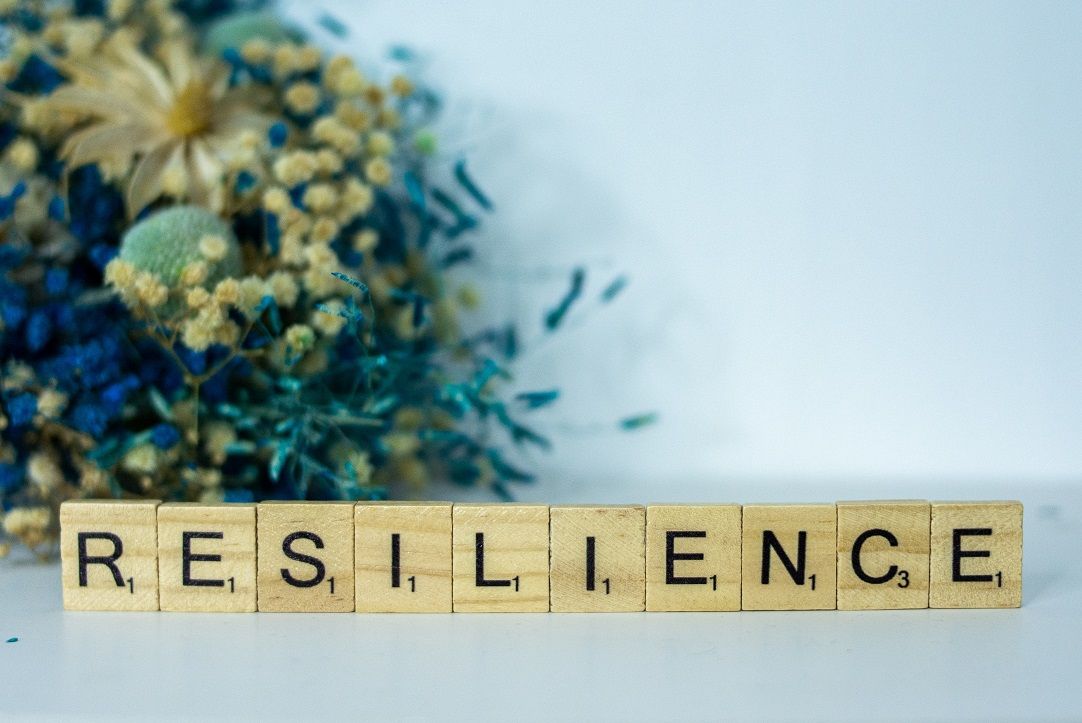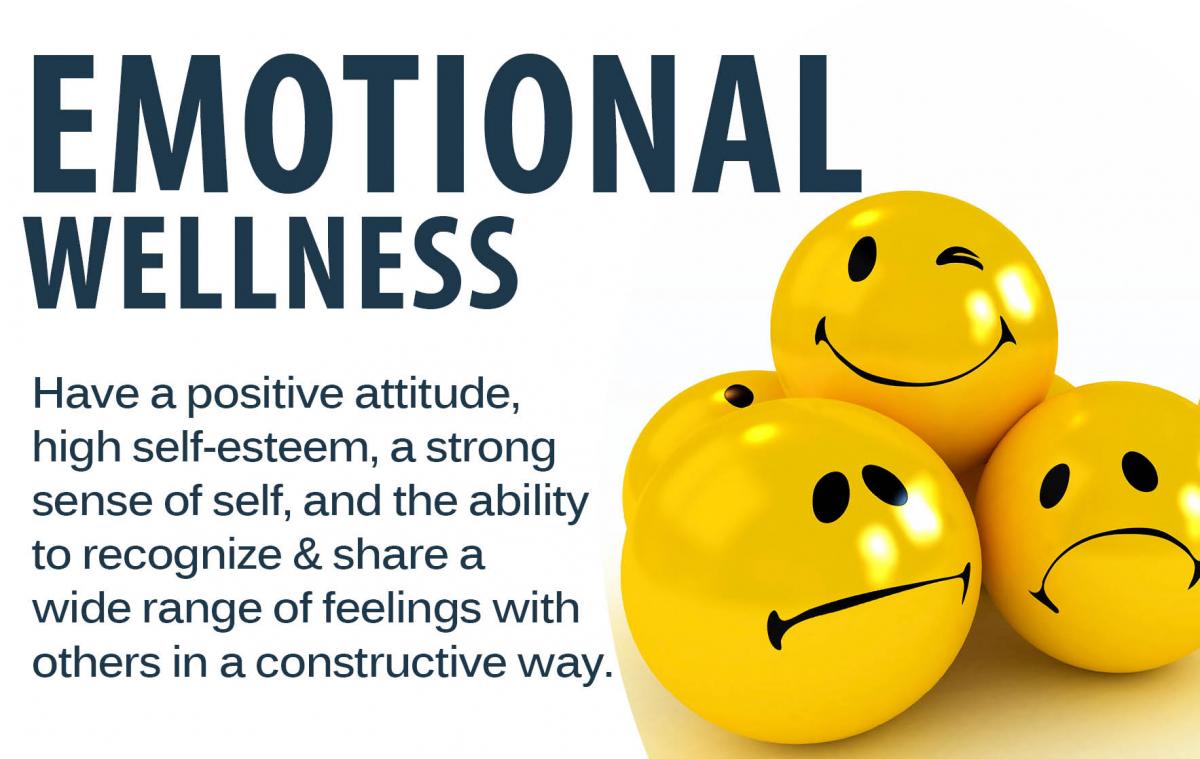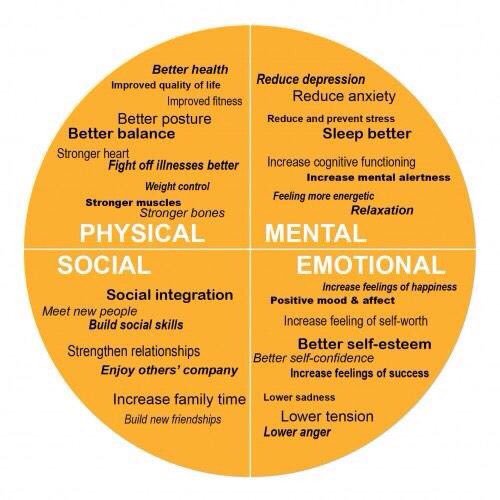Embarking on the Journey to Holistic Emotional Wellness
In the fast-paced world we live in, achieving emotional wellness is becoming increasingly essential. Holistic emotional wellness encompasses more than just managing stress; it involves nurturing a balanced emotional state that impacts every aspect of our lives. Let’s delve into the elements of holistic emotional wellness and explore how it contributes to a fulfilling and balanced life.
Understanding Holistic Emotional Wellness: A Comprehensive Approach
Holistic emotional wellness goes beyond addressing surface-level emotions. It involves a comprehensive approach that considers mental, emotional, and spiritual well-being. Rather than merely treating symptoms, this approach focuses on understanding the root causes of emotional imbalances and nurturing a sense of overall equilibrium.
Mind-Body Connection: The Foundation of Emotional Health
The mind-body connection is a fundamental aspect of holistic emotional wellness. Our thoughts and emotions are intricately linked to our physical well-being. Practices such as mindfulness, yoga, and meditation foster this connection, helping individuals become more attuned to their emotions and promoting a sense of inner balance.
Stress Management: Navigating Life’s Challenges
Stress is an inevitable part of life, but how we manage it significantly influences our emotional wellness. Holistic approaches to stress management include both psychological techniques like cognitive-behavioral therapy and lifestyle changes such as regular exercise, adequate sleep, and healthy nutrition. These practices contribute to a more resilient and emotionally stable mindset.
Emotional Intelligence: Nurturing Self-Awareness and Empathy
Emotional intelligence is a key component of holistic emotional wellness. It involves recognizing, understanding, and effectively managing one’s emotions while also being attuned to the emotions of others. Cultivating emotional intelligence enhances self-awareness and empathy, fostering healthier relationships and contributing to overall emotional well-being.
Spiritual Wellness: Finding Meaning and Purpose
Spiritual wellness plays a vital role in holistic emotional wellness. It’s not necessarily tied to religious beliefs but revolves around finding meaning and purpose in life. Engaging in activities that align with one’s values, connecting with nature, or exploring mindfulness practices can contribute to a sense of spiritual fulfillment and emotional balance.
Social Connections: The Power of Supportive Relationships
Human connections are integral to emotional wellness. Building and maintaining healthy relationships provide emotional support and a sense of belonging. Actively engaging with friends, family, or a supportive community can offer a safety net during challenging times and contribute to overall emotional resilience.
Holistic Emotional Wellness Tips: Integrating Well-Being Into Daily Life
For additional insights into achieving holistic emotional wellness, explore these Holistic Emotional Wellness Tips. This comprehensive resource provides practical advice, techniques, and resources to integrate well-being into your daily life, fostering a holistic approach to emotional health.
Creativity and Expression: Channeling Emotions Through Art
Creative expression is a powerful tool for promoting holistic emotional wellness. Whether through art, music, writing, or other forms of self-expression, channeling emotions creatively allows for catharsis and self-discovery. Engaging in creative pursuits can be therapeutic, contributing to emotional release and self-understanding.
Mindful Living: Embracing the Present Moment
Mindful living involves being fully present in the moment, without judgment. This practice cultivates an awareness of thoughts and emotions as they arise, allowing individuals to respond consciously rather than reactively. Mindfulness techniques, such as deep breathing and meditation, contribute to emotional balance and well-being.
Seeking Professional Guidance: A Holistic Approach to Therapy
In some cases, achieving holistic emotional wellness may involve seeking professional guidance. Therapists trained in holistic approaches can help individuals explore the deeper layers of their emotional well-being, providing tools and strategies to navigate challenges and foster lasting emotional health.
In conclusion, the journey to holistic emotional wellness is a personal and ongoing process. By embracing a comprehensive approach that considers the mind-body connection, stress management, emotional intelligence, spiritual fulfillment, and social connections, individuals can cultivate a balanced and fulfilling emotional life. Remember, holistic emotional wellness is not a destination but a continuous journey of self-discovery and growth.





